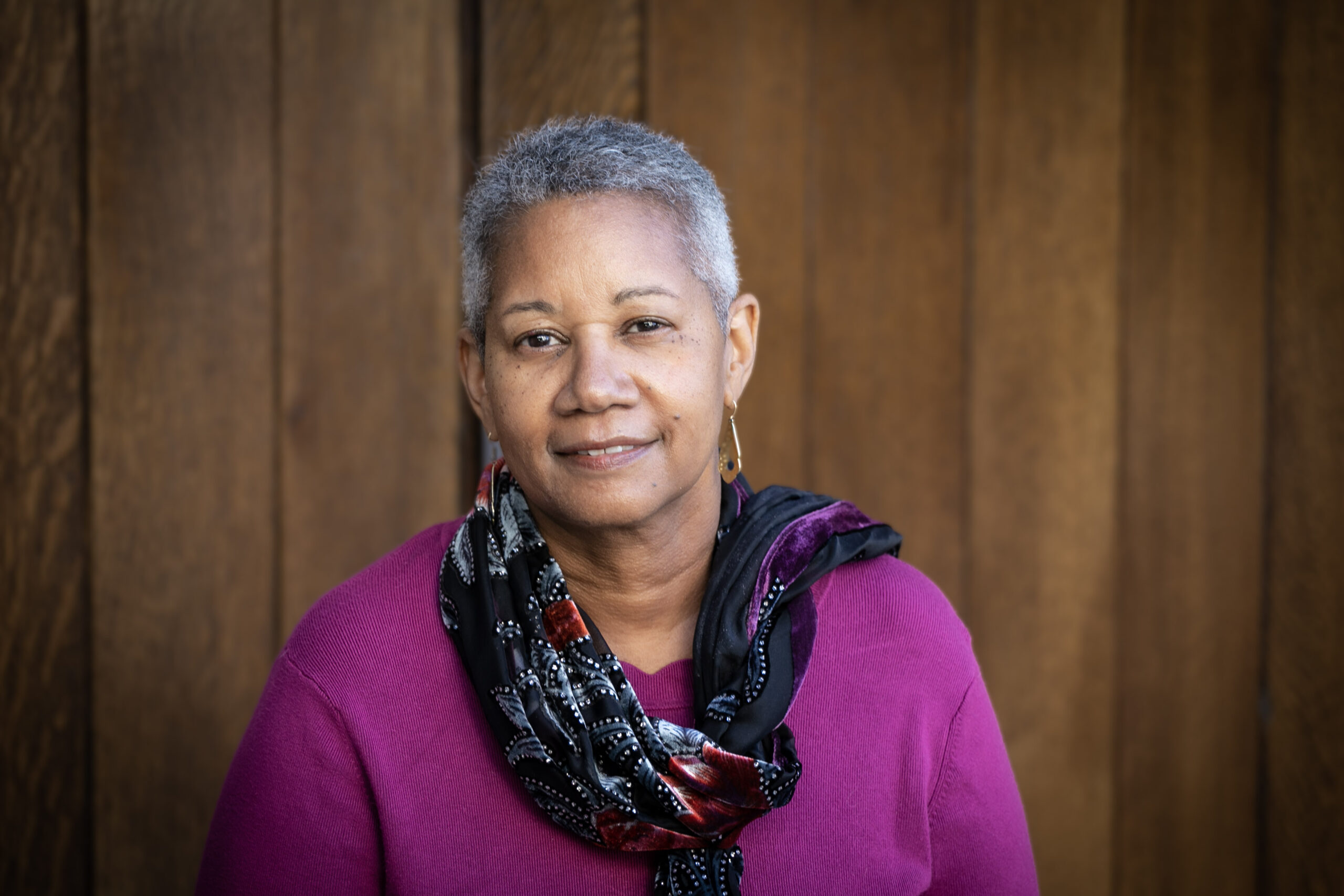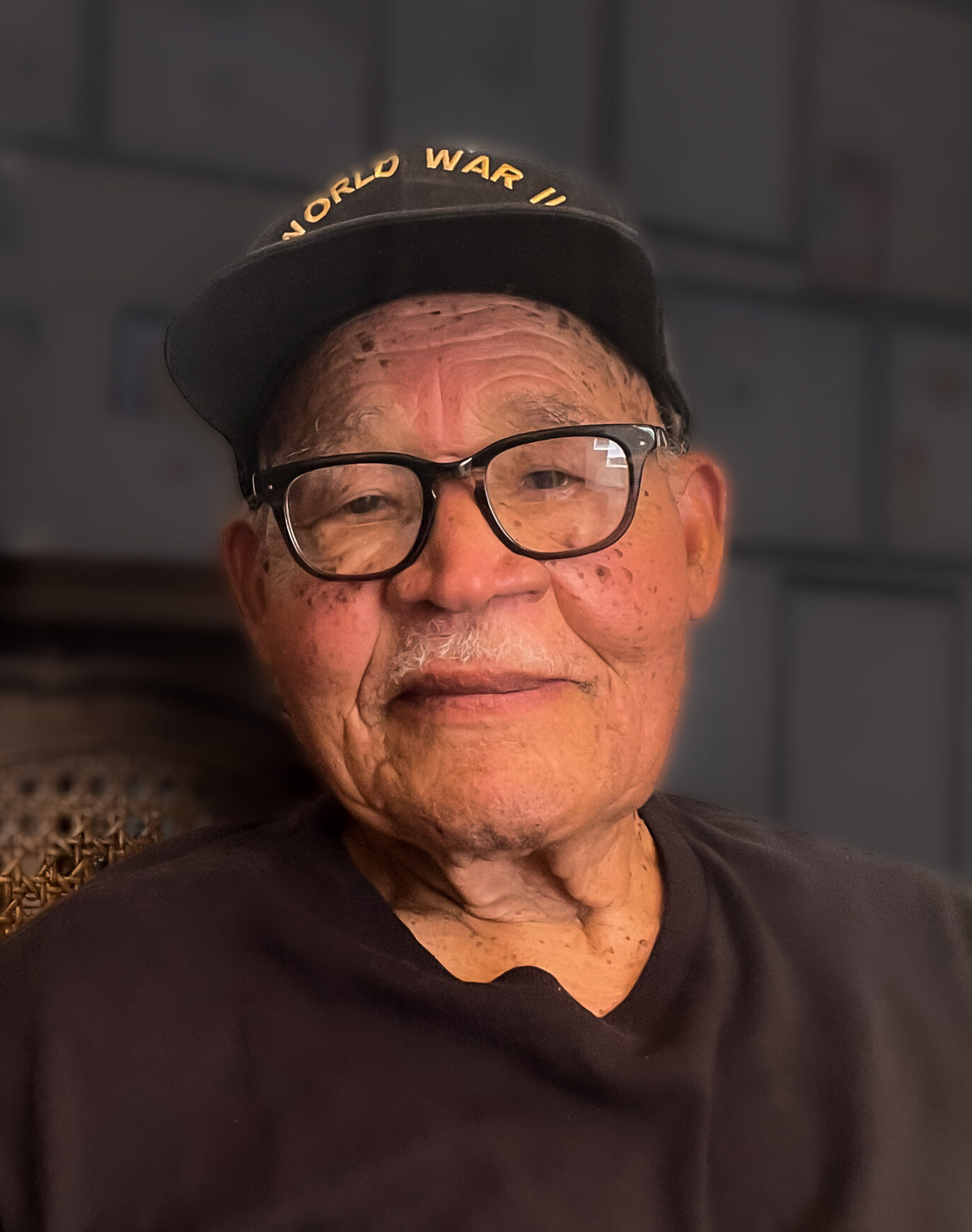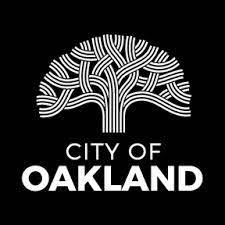
By Carla Williams

Childhood
Oscar Wright said that growing up in Mississippi taught him everything it takes to become a man. He was born on the Smith plantation around Clarksdale, Mississippi, the third oldest of 11 children–seven boys and four younger sisters in a family of sharecroppers. He grew up in the Delta in a family that understood the need for education, although his father had gone only as far as 8th grade. Oscar’s skills started behind a mule, guiding the plow at age nine.
He picked cotton during harvests, when cotton was essential work but pay was 35 cents per 100 pounds. His father wanted the kids to have an education but Mr. Smith made it plain that girls can go to school, but boys had to work. Oscar’s father decided that he would leave Mr. Smith’s plantation and moved the family away to his great uncle’s homes, to work buckshot soil taken over by three Nigerians. These black sharecroppers called the area New Africa, making it a haven for runaway slaves near the bank of the Sunflower River. He eventually moved to Clarksdale.
Oscar told me the experience with sharecropping taught him a lot. He could see how the sharecropper didn’t get enough unless he borrowed on credit from the landowners until the next crop. He saw that working land owned by others was a kind of situation where you worked for food, and at the end of the year, whatever seeds, fertilizer and tools used would be deducted from whatever was left in terms of profit. No way to win.
Very little money was left for food by the time winter came and harvest season was done. His father usually had to borrow from the owner on credit. He learned about the bread line, living on very little and missing two months of school to bring in crops until the 1st of November. From that experience, he was two months behind each year of school from when he started at age seven up until the 11th grade. Even so, Oscar enjoyed school, and the black teachers at the schoolhouse in Clarksdale that were deeply caring and knowledgeable. By the end of third grade, he could read and write and do his numbers. Black teachers were concerned about education and made sure students left third grade reading fluently, independently, enthusiastically and effortlessly. They had a basic number sense and had respect for authority as well. Most of the teachers didn’t have degrees but they were serious about their children.
Coming of Age
After graduating from high school, Mr. Wright was drafted into the service, fighting in World War II. He had three older brothers who had joined the service, but he doubted whether he would have joined if it wasn’t for a war. When he was discharged in 1946, he joined the army reserves to keep his options open. His rank allowed him to sustain himself in case things didn’t work out. He never liked the army, even though he was a non-commissioned officer in the Corps of Engineers, and also had five brothers who were in service as well. He learned a lot when he was exposed to the fight for democracy, yet all the while he was fighting within a segregated U.S. military. Learning from white men trained at MIT and USC and places he’d never been, he gained technical skills for the groundwork of war.
Leaving the military, he attended Alcorn State Agricultural and Mechanical in Mississippi. His education there was limited to agriculture and technical skills, after which he became a teacher for three years, still picking cotton to make ends meet. “I’m one of the best cotton pickers you’ve ever seen,” he told me. He was known as “a former cotton picker from Mississippi who speaks with a southern brogue,” once he took to education.
Even though he didn’t like the military, it proved to be a gateway to the larger world. He found himself learning the transit satellite system, site elevation, and a range of technical skills alongside white men in the army. At Alcorn State, black colleges were training people for domestic work, if they were women, or factory work and manual trades for men. It couldn’t offer more because the wider job market was not open to black folks. Still, he carried everything he needed to survive with him to California–skills like carpentry to make cabinets and caskets, mixing paint, painting, laying bricks, and pouring concrete. He had his own toolbox but he was still lacking the opportunity to apply what he knew. He’d gotten into a few clashes with white men back home, because he hadn’t been submissive enough. He had not been taught that. He didn’t know how to be submissive.
Still, he carried everything he needed to survive with him to California–skills like carpentry to make cabinets and caskets, mixing paint, painting, laying bricks, and pouring concrete. He had his own toolbox but he was still lacking the opportunity to apply what he knew. He’d gotten into a few clashes with white men back home, because he hadn’t been submissive enough. He had not been taught that. He didn’t know how to be submissive.
West Coast Bound
Oscar Wright’s elder brother Fred came to San Francisco about four or five years before Oscar. He told him if he got a union card, he could make all kinds of money. He had a few clothes and a toolbox with him when he caught the Greyhound west. For a year and a half he stayed in his brother’s garage. He had his own money and a home back in Clarksdale he’d built, but he left it all for higher wages. He told me, “I didn’t come out here to look at the city and play at it. I could do tiling, build roofs, and put in tile. I was making good money.”
His brother had him fix up the garage, he was babysitting his nieces and all sorts of things. But eventually he moved to a boarding house on 25th Street in Oakland where he rented a room with Ma May, an older black woman, living east of Telegraph, where black people were living along with Portuguese and Italians, who started to move elsewhere over time as more black people moved in. “It was just as segregated and discriminated against as Mississippi,” he recalled. Black people couldn’t move north of Macarthur Boulevard. It was about the same segregation as back South, except if you had skills you could get paid.
When he came out he had already learned mapping, how to operate all kinds of equipment and more in the Army. But Oscar went to California to become an operating engineer, called “Catskinners” back in the Army but that’s because of the Caterpillar machinery. The first place he went, they told him “We don’t take Colored.” He went to the brick masons and they told him: “Our books are closed.” He went to the Carpenters union and they asked him if he had a job. When he asked for a job, they asked if he was in the union. A catch 22.
While watching some people work on foundation work, a white man who was the superintendent, asked what Oscar was looking at, and he spoke back about the high rise coming up.
He asked Oscar what he knew to do, and he said, “I can do anything,” to which the superintendent replied that he needed a good carpenter.
It took the intervention of Philip Bill, a Canadian builder who was willing to endorse him with the union, and he wrote a letter on his behalf. He worked so hard, some people thought he was working too fast, and too hard, a practice his partner called “pacesetting.” He was asked to slow down after a complaint to the union steward. He had not experienced a job where the breaks and timing were prearranged by a union contract until then. Phillip Bill pointed out to the union form that Oscar would do more work in a few hours than others did all day, and avoided getting fired. He got to be a company man, but reading the union paperwork and rules, he rose higher in the union.
He was accustomed to working from daylight till dawn labor, like in Mississippi and had to get used to union contract: working conditions, vacation pay, scheduled breaks, lunch and pacing.
Eventually Oscar became a unionist with Carpenters Local 483, for which he also became the union Vice President.
What got Oscar into education was the recreation center at Golden Gate. A lady named Gwen Tucker, ran a program called Tiny Tots, where his daughter Emma went at first, learning to read a newspaper by age four or five. That’s how he got involved in the schools. He went to different meetings and he got to see how white facilities and campuses were better equipped and how it was segregated and unequal in Oakland.
He started to wonder what was going on with the schools and got involved to change it because the quality of education was much better than in Mississippi. Ms. Davis, Ms. Logan, Ms. King and Ms. Klute– black women with strong training and giving kids a strong foundation were all in Oakland, in the years before the Civil Rights Movement challenged segregation. At Golden Gate, three of his kids left the school with a foundation to build on: reading, writing, spelling, putting numbers together and maintaining a respect for authority. They were ready to ride.
In 1954, Brown v. Board of Education was “the worst thing that ever happened to us” according to Mr. Wright, because of the overturning of “separate but equal” from Plessy v. Ferguson. It was never equal, he noted, but when it was taken away, they were supposed to make all the schools equal. They never did. Instead, the Congress let the Southern states close the black schools and fire and demote all the black teachers and administration, saying they weren’t good enough to teach more affluent white students. Then they bussed black children all over the place to white schools. What they never said was that once the black kids got into those schools with equal access and the same curriculum content, the black children were mostly equal or they excelled beyond the white children.
In 1957, when journalist and NAACP activist Daisy Bates was trying to obey the Supreme Court decision to integrate the schools in Little Rock, on that day, Governor Orval Farbus set up a situation that allowed a mob to gather and attack them. It was going to be like the siege of black business in the burning of Tulsa, Oklahoma’s black Wall Street, Oscar explained. Then President Eisenhower realized what was about to happen and the central government brought the 101st airborne forces and federalized the state militia to protect those nine little black children. Congress knew from the successes of the Little Rock students and elsewhere that if they gave equal access, our black children would excel as much as the white children did.
Under the Johnson Administration in 1965, Congress enacted Title 1 – the Elementary and Secondary Act – which gave the power of Congress to distribute and upgrade the formerly segregated, poor and underserved schools. It was mostly Black, Native American and poor white kids who were at risk of failure. This brought police into the schools, it brought psychologists into the schools, mandated as well regular parent and community involvement in the planning, implementation, operation and evaluation of the entire program. They brought in aides and assistants that weren’t qualified to teach the kids. The program was designed to upgrade the reading and writing skills of students who had been historically discriminated against. White teachers started identifying the black kids as hyperactive, ADHD, dyslexic, disadvantaged, unprepared and then limited the academic achievement of recipients to 49 percent out of 100 for the purpose of funding.
These kinds of developments led to Oscar’s advocacy for African-American Male achievement recognition within the school system under conditions of meager advancement and his engagement helped secure a focus on skilled trade learning in Oakland Unified School District.
Local school districts were essentially incentivized to keep the average achievement level at 49 percent out of 100 in academics, or the money wouldn’t keep coming, he told me. That rewarded the student failure, teacher incompetence, administrative complacency and likewise guarenteed a permanent underclass of black people forever. You see the police coming onto campus and kids shooting up the school like at Uvalde, you can also see that nothing gets done about these things, Oscar told me..
“Our democracy, our democracy, they preach democracy and human rights while all the while they are planning the death of black babies between the cradle and third grade, because they are not given a sound foundation to move on,” Oscar explained.
They can’t read and write or spell, no marketable skills. Spending lots of time in school without much income. Many youth are losing out. It’s not just black kids, now it’s Korean, Vietnamese, we got everything, it’s not just black and white. “The immigrants that are here, they’re all getting their thing. But they’re killing us blacks at the root and it’s by design. If you wanna kill a race of people, kill the child. All of this is by design.” The kids are suffering, but at 99 he sees his time as nearly through.
He enjoyed his life in Mississippi. They were segregated and poor. He had to eat out from the garbage can, and waited in soup lines. He had to do it to survive. In California he found an opportunity to work. He built his house in Northwest Oakland, by himself. Every door hung, every tile laid. He’s traveled to Africa, China, India, Burma, the Philippines. But now he sees it’s just poverty, poverty, poverty in Oakland and almost no real black leadership for our schools. Now, the only place he wants to go is back to Clarksdale, Mississippi.

By Carla Williams
Carla Williams was born in Chicago. She started writing for her high school yearbook and student newspapers, later working for the Chicago Sun-Times during college. She taught history and English in Oakland for 15 years, and was a Bay Area Writing Project Fellow in 2010. Her writing relates to history, travel, sports, family life and politics. Her fiction and poetry have appeared in Digital Paper, Poetry Express, Dillydoun Review and elsewhere. Her first novel, Blues Highway, explores Pullman Porters’ migration to Chicago from the South.


